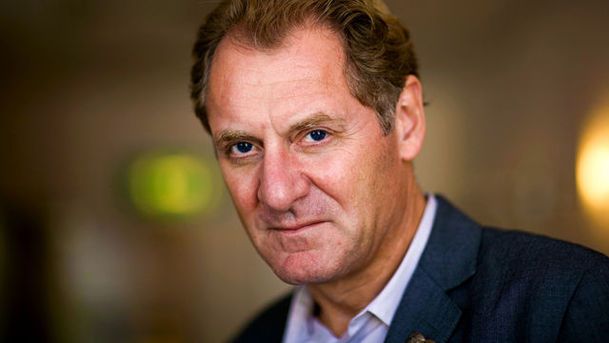Archive on 4 - A Laureate's Legacy - The Poetry Archive

Andrew Motion explores and tells the story of the proudest legacy of his time as Poet Laureate, The Poetry Archive - hundreds of poems, read by their authors and all available online, free to everyone. Motion's stint as Poet Laureate ended with predictable discussions about his successor and what he did or didn't do. But the lasting legacy of his laureateship and the great achievement of his tenure is his creation, with sound producer Richard Carrington, of the remarkable online Poetry Archive, begun in 1999 and growing. It includes contemporary poets reading their work, including Seamus Heaney, UA Fanthorpe and Jackie Kay and historic recordings by poets including Hilaire Belloc, Siegfried Sassoon, WB Yeats and even Tennyson and Browning. As well as the poems there are sections for children and teachers, interviews with poets, poets in residence and useful information about genres, forms and metres. If you want to know what an anapaest is, or a pantoum, the Poetry Archive can help. Motion and Carrington talk about why they created the archive, and state that there is more to it than simply preserving poets reading their work. Motion develops his theme that poetry is primarily an aural art, and what this reveals. The poet's voice is fundamental: the windswept moor is in the voice of Ted Hughes; Charles Causley's Cornish accent and dialect are important. The sound of a poem is an aspect of its meaning. At the recording session when Carol Ann Duffy reads her book Rapture for the archive, Richard Carrington speaks about his role: not to coax a performance so much as to help the poets to be themselves. Andrew Motion and Richard Carrington lead us around the archive, playing gems that we might otherwise have missed. They talk, too, about what is missing, and appeal to people who might have recordings. For example, they do not know how Thomas Hardy, AE Housman and DH Lawrence sounded because as far as we know they never made recordings. But they might have, and one day they might turn up.